Compounding explained.
Compounding typically refers to the increasing value of an asset (eg; shares) due to the interest earned on both a principal and an accumulated interest.
Compound interest is a powerful concept, once you understand it you open the door to the potential of using small amounts of money and time to build yourself financial security for your future.
When you invest in shares as an example, and those shares grow in value and earn dividends*, your investment portfolio can experience significant growth as the effects of compounding accumulate over the long term. By reinvesting the earned dividends, you can accelerate the growth of your investment and achieve your financial goals more efficiently.
The key to maximizing the benefits of compound interest is to start investing early and stay invested for the long term to leverage the full potential of compounding.
*Dividends are payments made by a corporation to its shareholders from the company's profits. These disbursements are typically distributed regularly, either quarterly or annually, as a way to share the company's earnings with its investors. The amount each shareholder receives is proportional to the number of shares they own.
Ways tp utalize compounding interest:
Investment Portfolio: By consistently reinvesting dividends and interest earned, an investor can benefit from compound interest to grow their investment portfolio significantly over the years.
Retirement Savings: Contributing regularly to a retirement fund that earns compound interest allows individuals to maximize their savings and build a substantial nest egg for their retirement.
Loan Repayment: Making additional payments towards a loan principal can reduce the outstanding balance faster, leading to less interest being accrued over time thanks to the power of compound interest.

